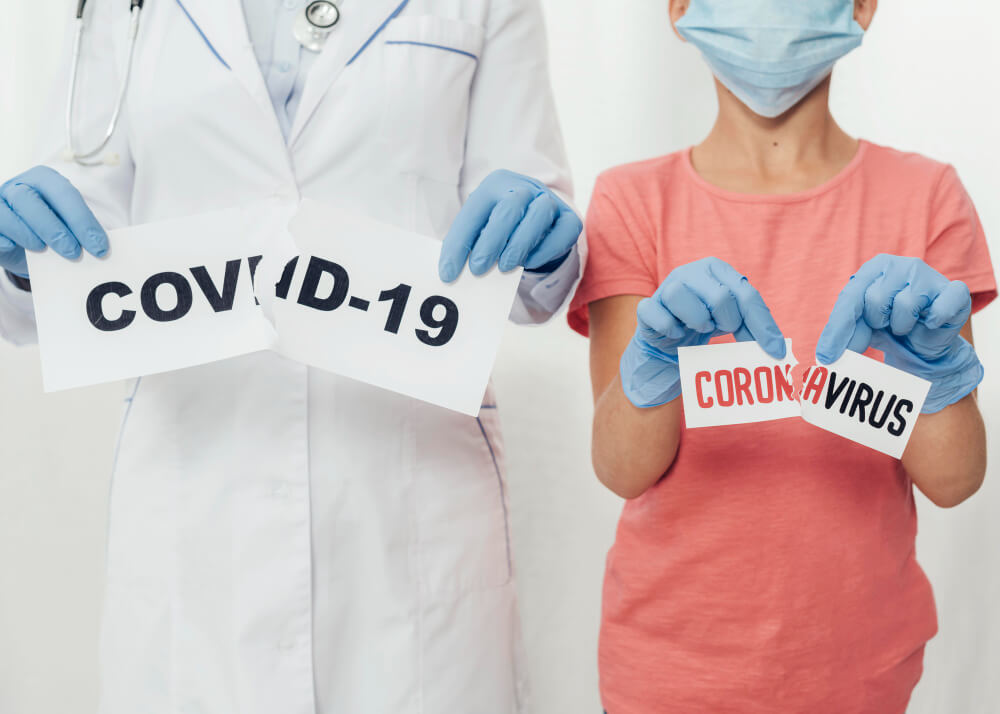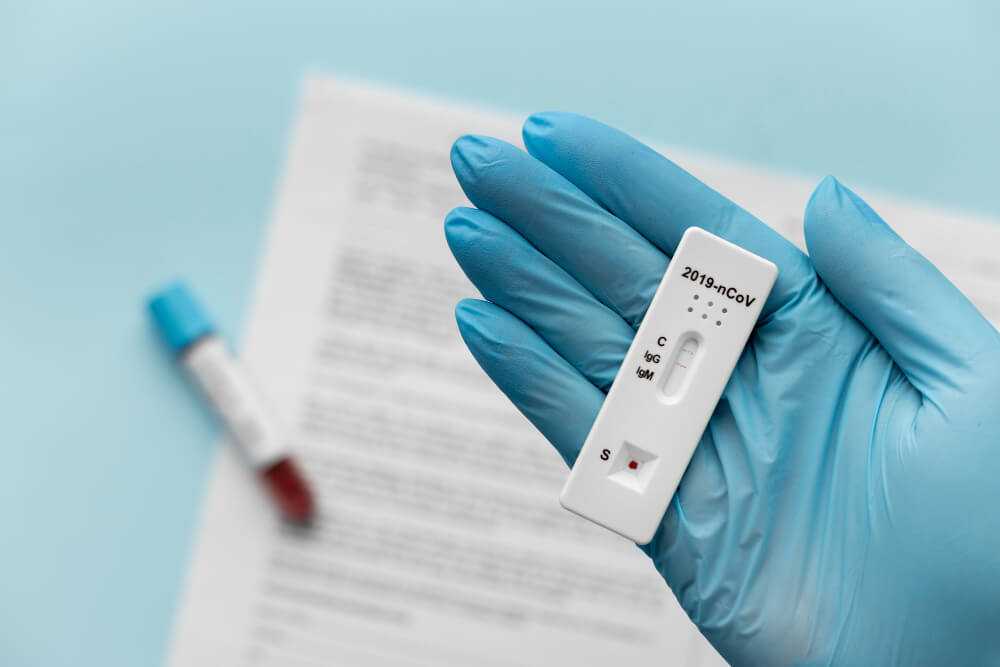Post-COVID Syndrome and Organ Damage
Post-COVID syndrome, or long COVID, is a condition that can occur in individuals who have recovered from COVID-19 infection but continue to experience symptoms for weeks or months afterward. One of the concerning aspects of long COVID is the potential for organ damage. While the exact mechanisms are still being studied, research suggests that COVID-19 can have lasting effects on various organs and systems.
Organs Affected by Post-COVID Syndrome
While the full extent of organ damage associated with long COVID is still being investigated, studies have identified several potential organ systems that may be affected:
- Lungs Long COVID can lead to persistent lung problems, such as shortness of breath, coughing, and difficulty exercising.
- Heart COVID-19 can damage the heart muscle, leading to heart inflammation, arrhythmias, and blood clots.
- Kidneys Kidney damage can occur in some individuals with long COVID, resulting in kidney failure or other kidney problems.
- Brain Cognitive impairment, memory problems, and other neurological symptoms have been reported in individuals with long COVID.
- Liver Liver inflammation and damage have been observed in some cases of long COVID.
Symptoms of Post-COVID Organ Damage
The symptoms of post-COVID organ damage can vary depending on the affected organ. Some common symptoms include:
- Fatigue Persistent fatigue and tiredness.
- Shortness of Breath Difficulty breathing or shortness of breath.
- Chest Pain Chest pain or discomfort.
- Joint Pain Joint pain and stiffness.
- Cognitive Impairment Difficulty concentrating, memory problems, or “brain fog.”
- Heart Palpitations Irregular heartbeat or heart palpitations.
Seeking Medical Attention for Post-COVID Organ Damage
If you are experiencing persistent symptoms after recovering from COVID-19, it’s important to seek medical attention. Your doctor can assess your condition and determine if you may be experiencing organ damage.
When to See a Doctor
- Persistent fatigue or shortness of breath
- Chest pain or discomfort
- Joint pain or stiffness
- Cognitive difficulties
- Unusual symptoms or changes in your health
Diagnosis of Post-COVID Organ Damage
Diagnosing post-COVID organ damage may involve a combination of medical history, physical examination, and diagnostic tests. These tests may include:
- Blood Tests Blood tests to assess organ function and identify any abnormalities.
- Imaging Studies Imaging tests such as X-rays, CT scans, or MRIs to evaluate the organs for damage.
- Pulmonary Function Tests Tests to assess lung function and identify any respiratory problems.
- Cardiac Testing Tests to evaluate heart function, such as electrocardiograms (EKGs) or echocardiograms.
Treatment for Post-COVID Organ Damage
The treatment for post-COVID organ damage will depend on the specific organs affected and the severity of the symptoms. Treatment may include:
- Medications Medications to manage symptoms and address underlying conditions.
- Physical Therapy Rehabilitation to improve strength, endurance, and lung function.
- Lifestyle Modifications Changes in lifestyle, such as a healthy diet and regular exercise, can help manage symptoms and promote recovery.
- Ongoing Monitoring Regular follow-up with your healthcare provider is important for monitoring your condition and making adjustments to your treatment plan as needed.
Preventing Post-COVID Organ Damage
While not all cases of long COVID can be prevented, there are steps you can take to reduce your risk of developing serious complications:
- Vaccination Getting vaccinated against COVID-19 is the best way to prevent infection and reduce the risk of long COVID.
- Healthy Lifestyle Maintaining a healthy lifestyle, including a balanced diet, regular exercise, and adequate sleep, can help support your overall health.
- Early Treatment Seeking medical attention early in the course of COVID-19 can help prevent severe illness and reduce the risk of long-term complications.
Post-COVID syndrome can have lasting effects on the body, including organ damage. While more research is needed to fully understand the long-term consequences of COVID-19, it’s important to seek medical attention if you are experiencing persistent symptoms. By working with your healthcare provider, you can develop a personalized treatment plan to manage post-COVID organ damage and improve your overall well-being.


